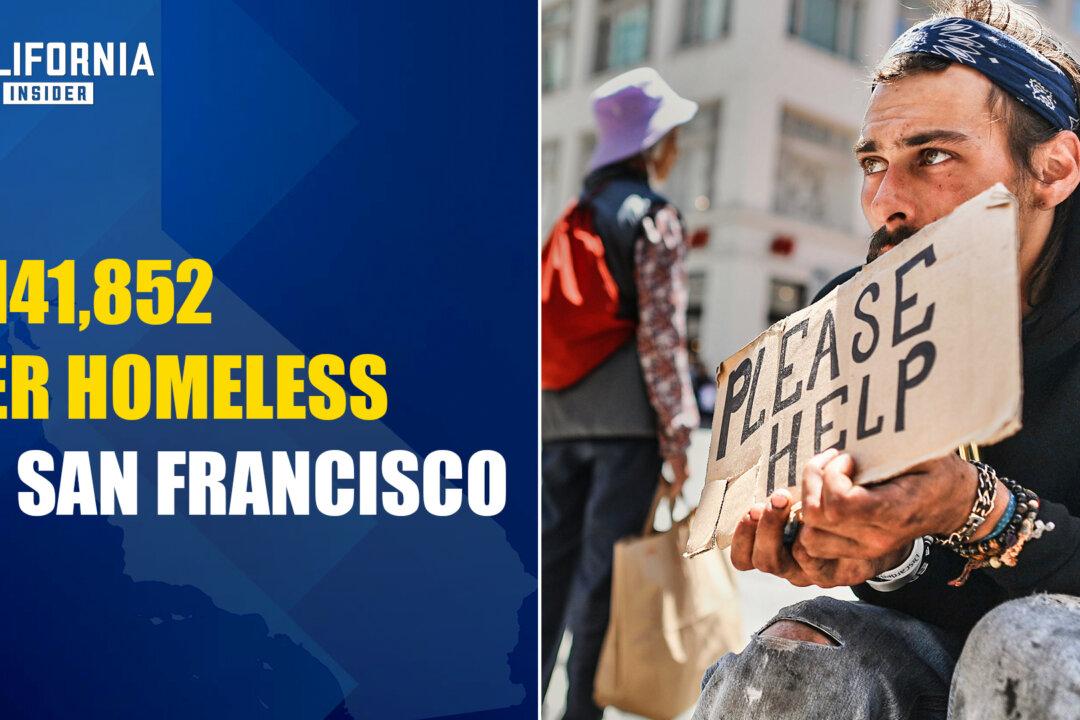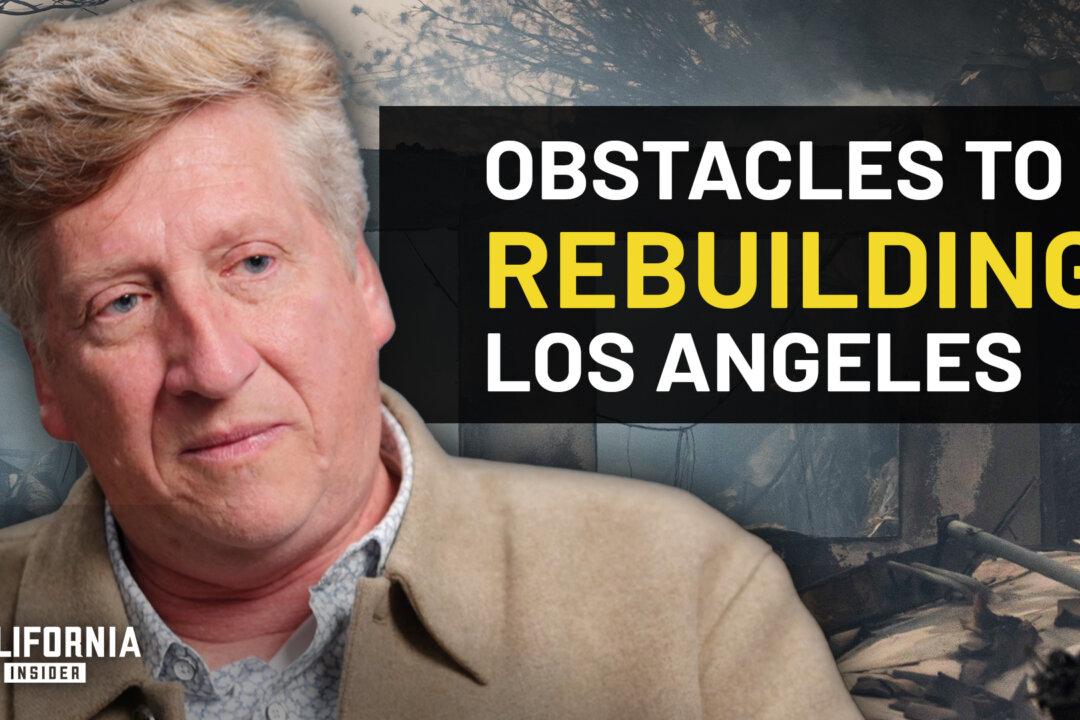San Francisco’s approach to addressing homelessness has been a topic of intense debate and scrutiny. As funding for homeless services continues to increase, questions arise about the efficacy of the programs and strategies employed. In an in-depth interview, Tom Wolf, Director of West Coast Initiatives and a homeless recovery advocate, sheds light on the current landscape of homeless spending in San Francisco, the challenges faced, and his vision for a more effective framework.
San Francisco Spends $141,852 Per Homeless Person on Average; 7 Times More Than LA | Tom Wolf

|Updated:




